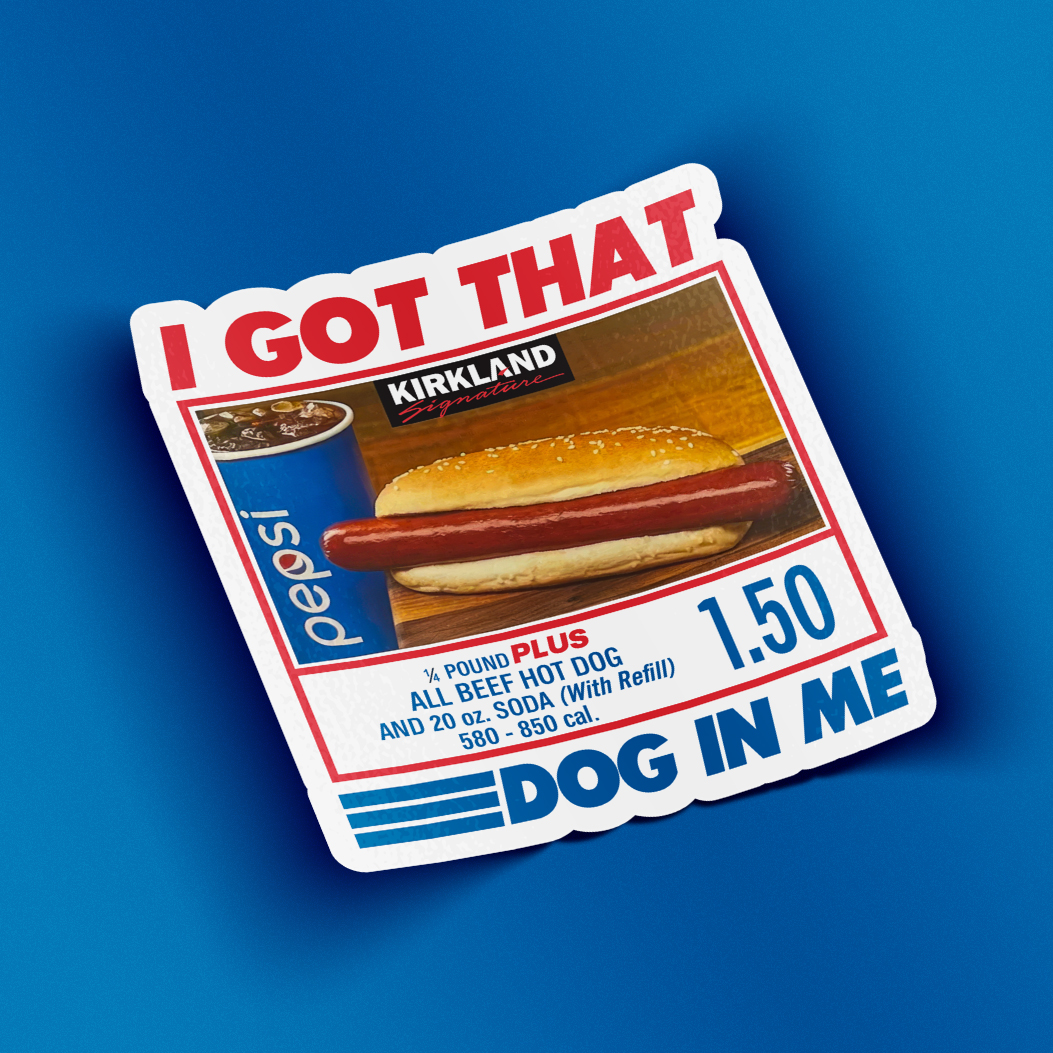[[{“value”:”
Aston “Family Man” Barrett, the iconic bassist of the legendary reggae band Bob Marley and the Wailers, has died at the age of 77.
In a social media post on Saturday, Barrett’s son Aston Barrett Jr. shared the news, saying: “With the heaviest of hearts, we share the news of the passing of our beloved Aston ‘Family Man’ Barrett after a long medical battle. This morning, the world lost not just an iconic musician and the backbone of the Wailers but a remarkable human being whose legacy is as immense as his talent. Our family is asking for privacy during this challenging time, as words cannot express our profound loss.”
“Family Man,” as he was widely known, was born in 1946 and grew up in Kingston, the capital of Jamaica. As a child, he sang along to soul music on the radio before switching over to the bass. He built his first bass guitar from scratch using plywood, a curtain rod, and an old ashtray.
Along with his brother Carlton, who played the drums, Barrett played in other groups before joining the Wailers in 1974, including the Hippy Boys and Lee “Scratch” Perry’s The Upsetters. He was also a mentor to many Jamaican musicians including Sly Dunbar and Robbie Shakespeare of the legendary reggae production duo Sly & Robbie.
After joining the Wailers in the 1970s, Barrett became bandleader of Marley’s band and co-producer of the group’s albums. He remained a member of the group for the rest of Marley’s life, and continued to tour with later combinations of the Wailers.
In a 2006 interview with Guitar World, Barrett expounded on his history with the bass. He said, “I loved singing, but I never practiced to be a professional when it came to my vocals. When I’m playing the bass, it’s like I’m singing. I compose a melodic line and see myself like I’m singing baritone.
“And when I decide to listen deep into the music—to all the different sections and instruments playing—I realized that the bass is the backbone, and the drum is the heartbeat of the music. So in our early years, my younger brother Carlton took onto himself the drums, and I took on the bass and decided I’m gonna construct it much better the other way. So first I made my own bass.”
He also explained his personal style, saying, “You need them that big to get that sound, because reggae music is the heartbeat of the people. It’s the universal language what carry that heavy message of roots, culture, and reality. So the bass have to be heavy and the drums have to be steady.”
“}]]

